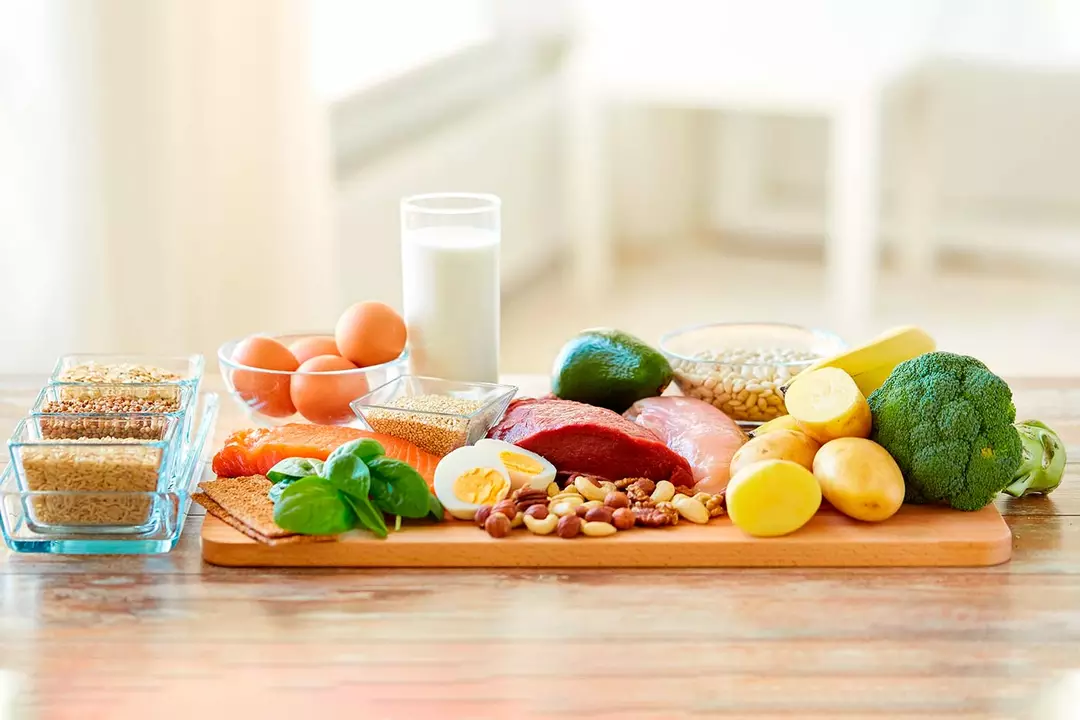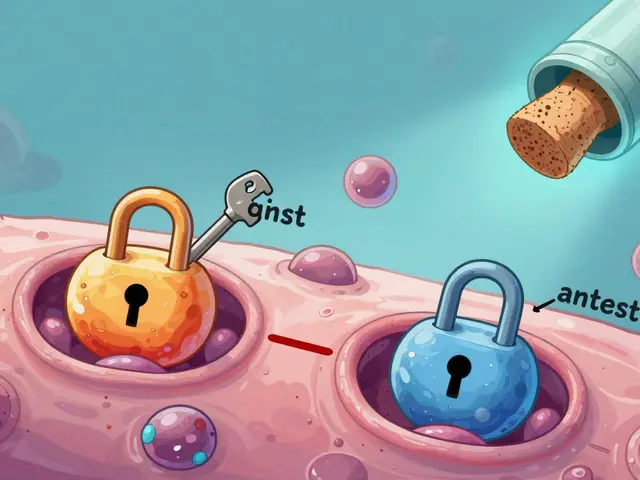Healthy diet: what you eat matters for your meds and your health
What you eat can change how your medicine works — even one glass of grapefruit juice can raise drug levels enough to cause trouble. If you're taking prescriptions, supplements, or managing a condition like thyroid disease or high cholesterol, a few small food habits make a big difference. Below are clear, practical tips you can use today.
Quick rules that actually work
1) Know the troublemakers. Grapefruit and grapefruit juice interfere with many drugs, including some statins and blood-pressure medicines. Leafy greens high in vitamin K (like kale and spinach) can blunt warfarin’s effect. Calcium, iron, and dairy can block absorption of thyroid meds like levothyroxine and some antibiotics (tetracyclines and fluoroquinolones).
2) Time it right. Take levothyroxine on an empty stomach 30–60 minutes before breakfast. If a med says "take with food," do it — fatty meals can improve absorption for some drugs. Antibiotics often ask you to avoid dairy at dose time. When in doubt, check the leaflet or ask your pharmacist.
3) Keep hydration steady. Water helps pills move and lowers stomach irritation. Alcohol can worsen side effects (drowsiness, liver stress) and interact with meds — avoid mixing unless your doctor says it’s fine.
Easy meal swaps and real examples
Swap instead of cutting. If you need to limit vitamin K for warfarin, replace one serving of sautéed kale with a mix of bell peppers and tomatoes — same volume, less vitamin K. If you take a statin and love grapefruit, switch to orange or apple juice. If your antibiotic warns against dairy, have yogurt a few hours after your dose instead of with it.
Snack smart for energy. Pair protein with fiber: a small handful of nuts and an apple, or Greek yogurt and berries (time the yogurt away from antibiotics if needed). Protein stabilizes mood and appetite, which helps stick to pill schedules and treatment plans.
Use food to reduce side effects. If a medication upsets your stomach, try bland, low-fat meals: toast, bananas, and rice often sit well. For medicines that dry you out, add watery foods — cucumber, soup, or watermelon — and sip water throughout the day.
Small habits add up. Keep a simple list: meds that must be taken on an empty stomach, foods to avoid, and a backup snack idea. Share that list with your pharmacist or doctor, especially when you start a new drug. If you’re trying supplements like turmeric or policosanol for cholesterol, say so — they can change how prescription drugs behave.
Questions about a specific medicine and food? Send the name of the drug and what you usually eat, and we’ll point out the most likely interactions and simple fixes. Always check with your healthcare team before changing meds or major parts of your diet.

Clozapine and Nutrition: Tips for Maintaining a Healthy Diet
As a blogger, I've recently been exploring the relationship between Clozapine and nutrition. Clozapine, an antipsychotic medication, can have some side effects on our body's metabolism, so maintaining a healthy diet is crucial for those taking it. I've found that focusing on nutrient-dense foods, staying hydrated, and incorporating regular exercise can help counteract these effects. Additionally, working closely with healthcare professionals to monitor and adjust dosage can ensure the best possible outcome. In summary, a well-balanced, healthy lifestyle is essential when taking Clozapine to minimize side effects and optimize overall health.
read more




